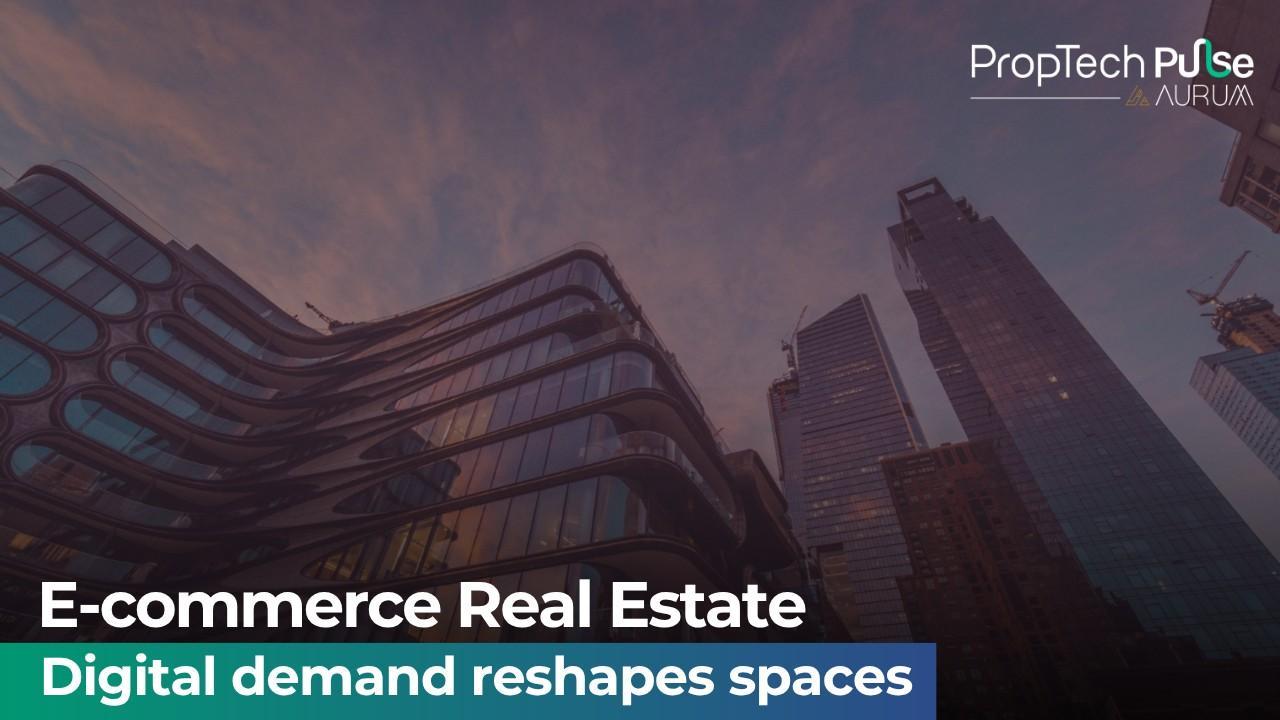
The growing convergence of e-commerce and real estate is redefining how cities evolve and how businesses operate. As consumers increasingly embrace digital shopping, traditional retail landscapes are undergoing major transformation, fueling new opportunities for developers to create spaces that cater to both online fulfillment and offline engagement.
The E-commerce Revolution
With the exponential rise of e-commerce platforms, physical retail is being reimagined to complement digital commerce. The surge in online orders has amplified the demand for warehousing and logistics hubs, making them essential assets in the real estate market. This structural shift is reshaping urban layouts and driving strategic investments in logistics infrastructure across key metropolitan areas.
Adapting to New Needs
Forward-thinking developers are now creating multi-functional real estate projects that integrate retail, warehousing, and last-mile delivery solutions. These hybrid models enable brands to serve customers efficiently while optimizing operational costs and land use. Such developments underscore a broader trend of technology-led transformation in the built environment.
Benefits to Communities
The integration of e-commerce and retail real estate is also generating tangible community benefits. By blending fulfillment centers with consumer-facing spaces, developers are driving job creation, boosting local economies, and enhancing accessibility. These mixed-use developments represent a win-win for both businesses and residents.
Conclusion
The future of real estate development lies in embracing the synergy between digital commerce and physical infrastructure. As e-commerce continues to expand, the next phase of growth will depend on how effectively cities, investors, and developers align their strategies to build sustainable, tech-enabled ecosystems.
Enjoyed this update? Visit PropTech Pulse for more real estate news and market insights.Unlock the Latest in Real Estate
News, Infographics, Blogs & More! Delivered to your inbox.
“Data that drives action. Insight that inspires action. Technology that empowers action.“
“Data that drives action.
Insight that inspires action.
Technology that empowers action.“









